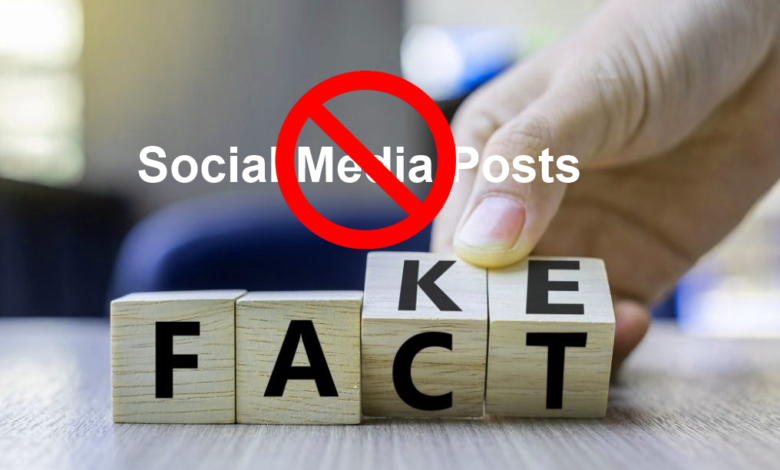U.S. Supreme Court: Social Media Companies can Censor Online Content

Social media companies can continue to censor posts. This is the result of the Supreme Court’s decision this week to block a controversial Texas law that says big social media sites like Facebook and Twitter can’t remove posts based on the opinions of people and groups. According to Inc, with a 5-4 vote, three conservatives and two liberals put the law on hold, which showed that the justices were mostly split along ideological lines. The majority didn’t explain why they made their short order, but in his dissent, Justice Samuel Alito points out how important social media platforms are as a way for the public to talk.
Read More: 5 New Social Media Trends in 2022
Justice Alito wrote, “This application deals with very important issues that make it clear that this court should look into them.” “Social media sites have changed how people talk to each other and find out about news. At issue is a new and important law in Texas that talks about how powerful social media companies can influence how people talk about the most important issues of the day.”
The law in Texas would make it illegal for social media sites with at least 50 million active users to block, remove, or “demonetize” content based on how users feel about it. It would basically stop the platforms from having any kind of editorial freedom. When Texas Governor Greg Abbott signed the law last September, he said that these companies are trying to “silence conservative viewpoints and ideas.” On May 24, 2022, a federal appeals court also stopped a similar law in Florida.
Tech companies fought against the law, saying that it goes against their right under the First Amendment to decide what speech goes on their platforms. They also said that the law would stop them from removing hate speech, political misinformation, violent videos, and other harmful content, no matter what political views they had. Even though the law is mostly aimed at big platforms like Instagram, Facebook, and Twitter, it could also affect other companies with large online communities that are growing.
The case is an example of a much bigger debate on Capitol Hill about how the country should balance free speech and safety online. Some members of Congress have suggested making online platforms responsible when they promote discriminatory ads or false information. The order is still being looked at by a federal appeals court, and it could go back to the Supreme Court at some point.









